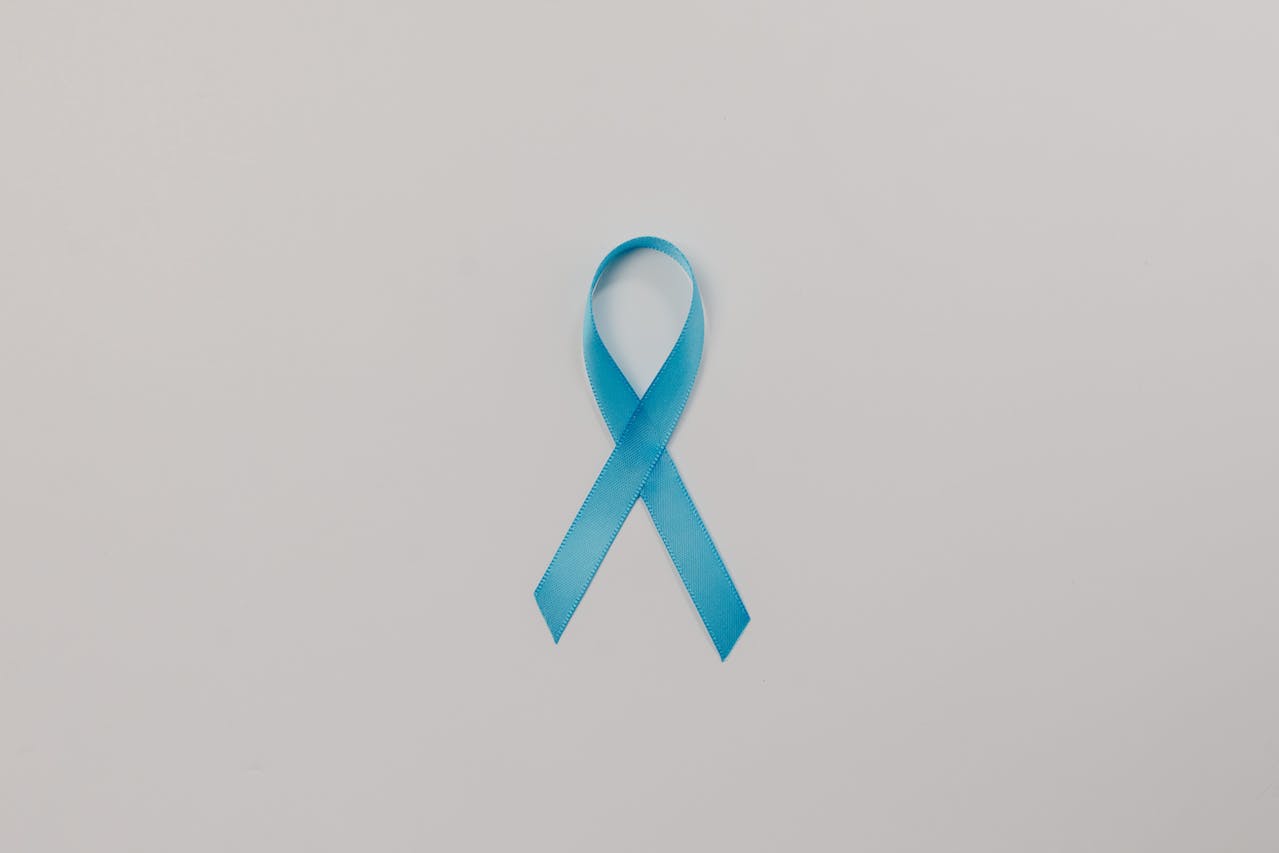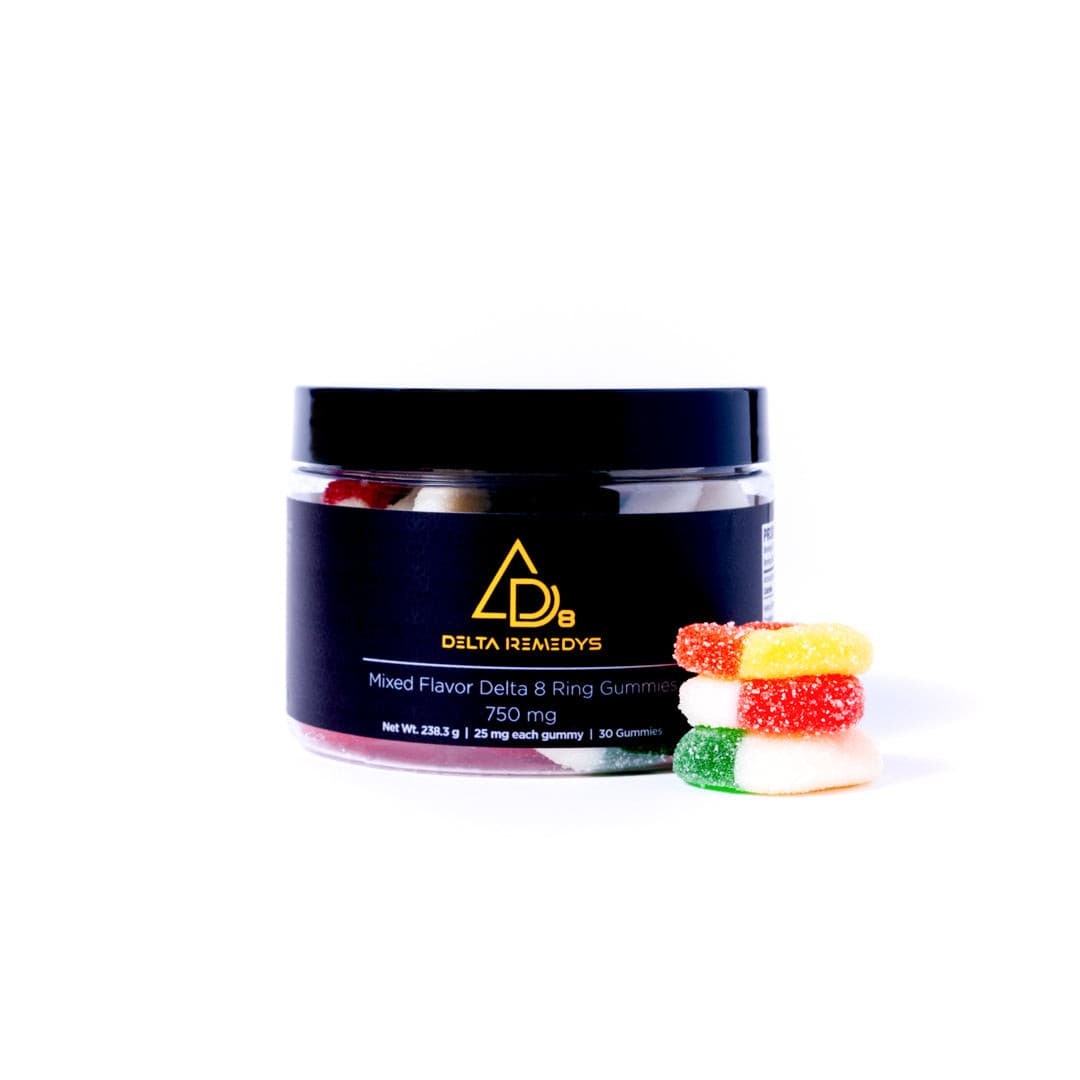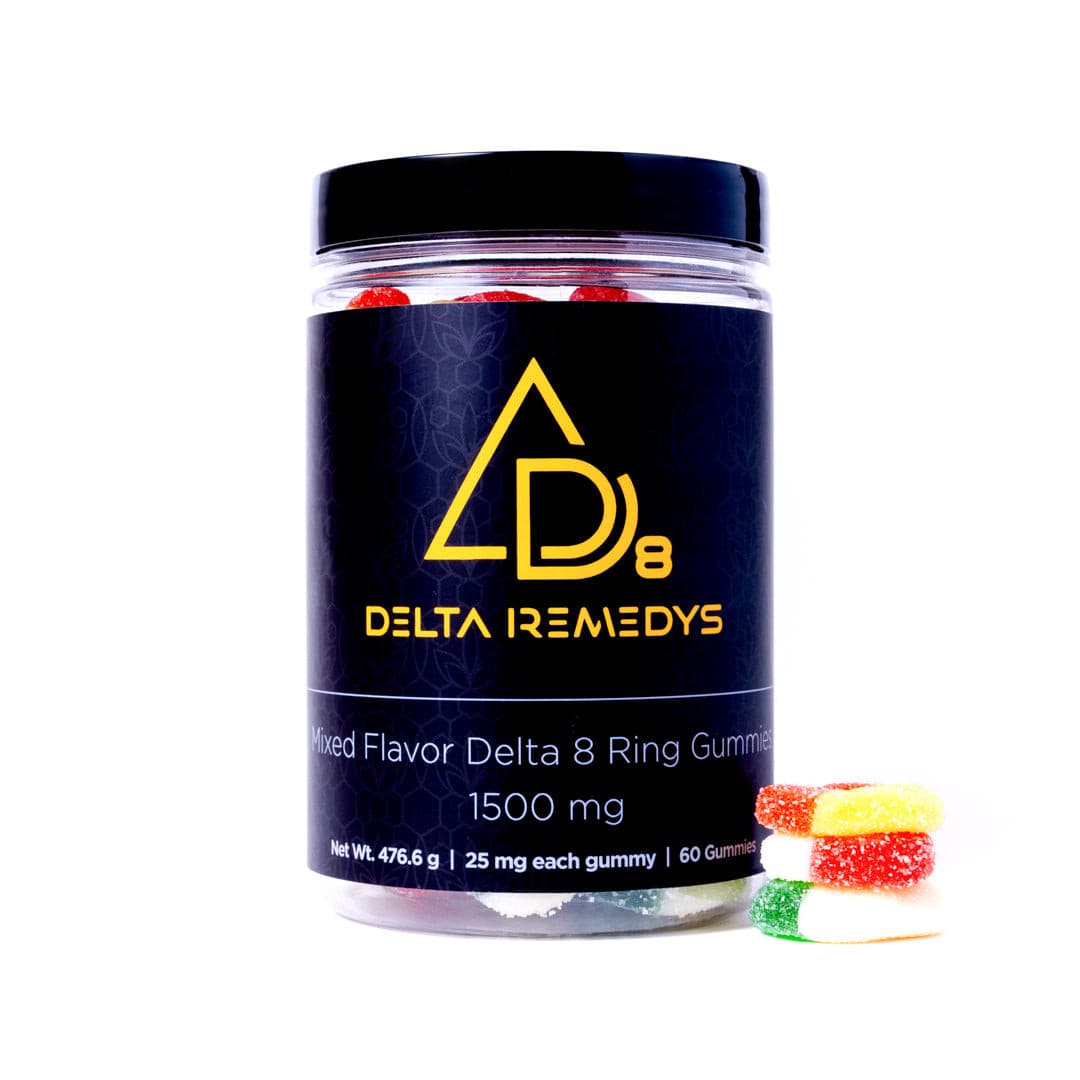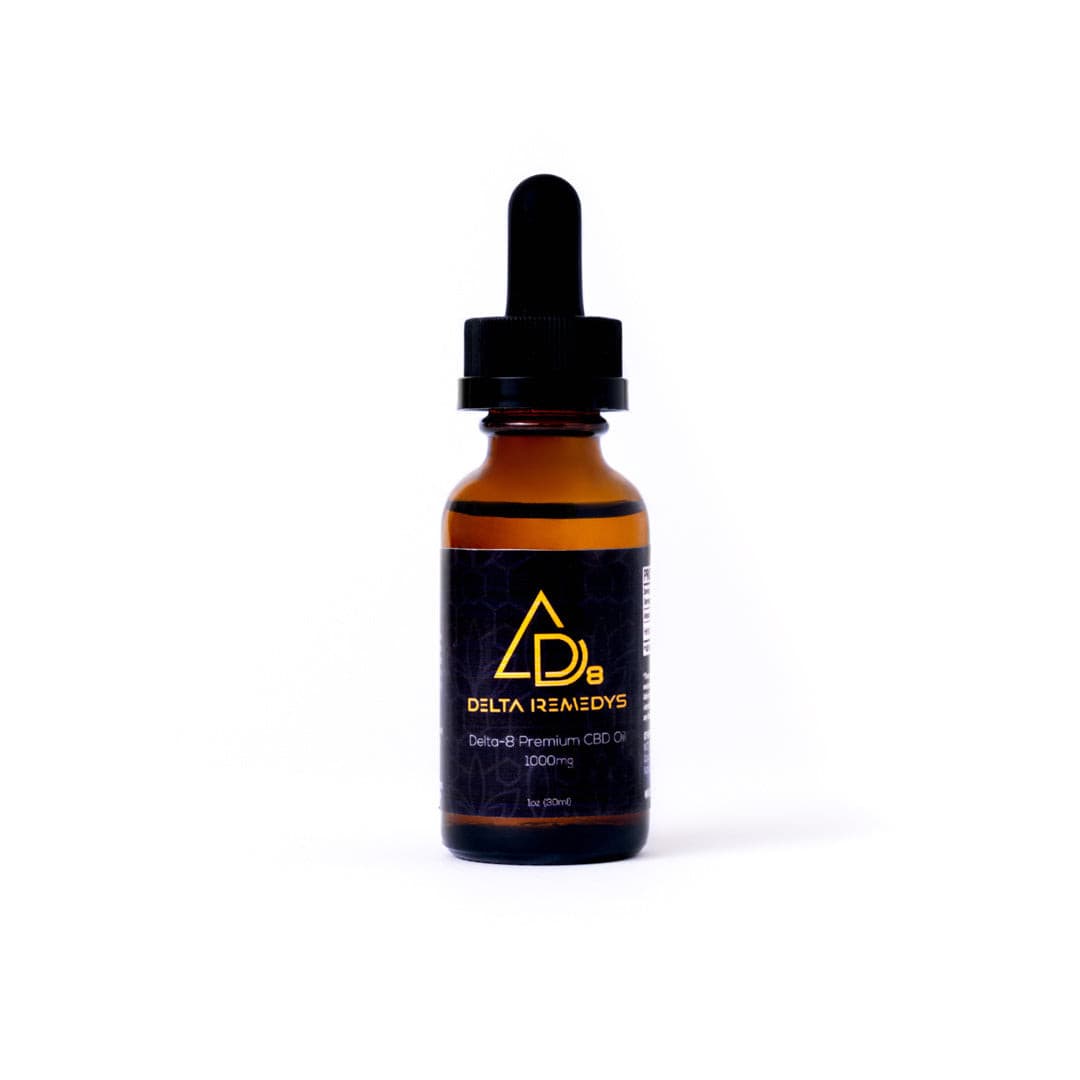When it comes down to it, pure Delta-10 cannabinoid is just as harmless as THC. The truth, however, is more nuanced since no two brands use the same strategy regarding production and ensuring quality. The dangers associated with various product types are always valid.
In this post, we will learn about how Delta-10 THC is associated with cancer, the actual relation between the two, and how you can use D10 products to fight cancer more strongly.
Let’s dig in!
The Actual Cancer-Related Question
With this in mind, both cancer patients and their loved ones are now taking an interest in the use of cannabis-derived products. Most clinical professionals are hesitant or uncomfortable since high-quality research is still scarce in many areas.
We may not be able to guarantee concrete results, but we can offer some direction and start having cannabis conversations with patients and their families more often. Several studies have shown that cannabis, like Delta-10 THC gummies, can alleviate symptoms associated with cancer and its treatments. This may include nausea caused by chemotherapy and pain from cancer.
Currently, there aren’t any official instructions or dose suggestions for doctors. However, you can lower your risk by learning about the ingredients in Delta-10 products and the risks of using them.
The medicinal properties of Delta-10 THC have attracted a lot of interest in cancer patients. Although studies on the effects of Delta-10 THC on cancer and its symptoms are still in their infancy, anecdotal evidence and some research point to some positive results.
Here is what we have gathered for our readers:
Delta-10—What is it?
An isomer of tetrahydrocannabinol (THC) and a semi-synthetic cannabinoid, Delta-10 THC, was initially discovered in the 1980s. While less potent than THC, federal law recognizes Delta-10 as a legitimate alternative to marijuana-derived from hemp.
A semi-synthetic word characterizes an unusual fact. While some Delta-10 does occur naturally in cannabis (perhaps as a byproduct of breakdown), the vast majority of Delta-10 extract seen in products is synthetic and made in laboratories.
It is not feasible to manufacture goods using plant-based Delta-10 due to its extreme rarity and extremely low concentrations as a naturally occurring component of cannabis. However, isomerization, a chemical process, makes it easier to create Delta-10 in labs.
There are two possible conformations for Delta-10: the R and the S. The CB1 receptor in the endocannabinoid system is more responsive to the R enantiomer.
As a gentler alternative to Delta-9 THC, Delta-10 is even less powerful than Delta-8. These cannabinoids are currently ruling the hemp market, but what goes into making Delta-10, and how does that affect its safety when used in cancer patients?
Effects of Delta-10 THC on Cancer Symptoms?
A few studies have shown that smoking cannabis can help people who are sick from chemotherapy with vomiting and nausea. The same studies reveal that inhaled cannabis can help people who have neuropathic pain. It is a pain that is caused by damaged nerves in the patients.
Studies have also shown that people with HIV who smoke Delta-10 THC products can have better appetite. Not many people have been studied to see what effects Delta-10 THC products have on them, but the tiny amount of research is still valid.
Researchers have known for a long time that people who took part in clinical studies and consumed D10 extracts tended to need less pain medication than the other group.
Recently, scientists found that THC and other cannabinoids, like CBD, can stop some types of cancer cells from growing in lab dishes. They may even kill the cells. Results from studies on animals show that some cannabinoids may also stop the growth of various cancers and stop them from spreading.
Early clinical trials have looked at how cannabis can be used to treat cancer in people, and more studies are now being planned. However, these studies have not shown that cannabinoids are successful at preventing or curing cancer, even though they are safe for use in cancer treatment.
For people with cancer, using Delta-10 products as their only medicine and skipping or putting off regular medical care could have very bad effects on their health.
Managing Cancer Symptoms with Delta-10 THC
Here are some tips and advice on how cancer patients can use Delta-1o to manage their cancer symptoms along with medication:
- Cancer Pain Relief: Delta-10 THC, similar to other cannabinoids, has demonstrated potential in reducing cancer pain. Because of its effects on the endocannabinoid system, it may lessen the perception of pain.
- Appetite Stimulation: Nausea and loss of appetite are common side effects of cancer treatment. Although there is a lack of study, Delta-10 THC has the potential to induce hunger, which could help with weight reduction and malnutrition.
- Nausea and Vomiting: Some cancer patients get nausea and vomiting as a side effect of treatment. Similar to how Delta-9 THC interacts with the body’s receptors, Delta-10 THC may also be useful in managing these symptoms.
Cancer Treatment with Delta-10 THC
Below we have discussed how Delta-10 THC can help patients treat cancer-related symptoms with its special therapeutic effects:
- Antitumor Properties: Cannabinoids, such as Delta-10 THC, may have anticancer characteristics, according to preliminary research in animal models and cell cultures. More study is needed to learn about its effectiveness and safety in people.
- Inflammation and Immune Response: Two key factors in cancer development, inflammation, and the immunological response, may be influenced by Delta-10 THC. This part has to be looked at more by the experts for further authenticity.
Concerns and Challenges
- Lack of Clinical Evidence: Preclinical research shows promise, but large-scale clinical trials still need to be improved. Thus, we don’t know much about Delta-10 THC’s impact on cancer treatment.
- Ethics and the Law: Some jurisdictions have passed laws that make it difficult, if not impossible, to purchase cannabis-related items like Delta-10 THC. Many patients still have trouble getting their hands on these kinds of medications.
- Individual Variations and Side Effects: Responses to cannabinoids can differ greatly from one person to the next, and side effects might also vary. It is important to consider the possibility of side effects, including lightheadedness, weariness, or mood changes.
FAQs
Does the law permit Delta-10 THC products?
The 2011–18 Agriculture Improvement Act (Farm Bill) makes it clear that natural Delta-10 is permitted and encouraged. While no state has outlawed Delta-10, regulation of Delta-8 may affect Delta-10 as well, depending on the language used. A rule that prohibits any tetrahydrocannabinol or THC isomers would, for instance, include Delta-10, an ingredient in hemp.
What is the safe dosage of Delta-10?
According to the most reliable estimations, the potency of Delta-10 is 20-30% lower than that of Delta-8, which is 50-75% lower than that of Delta-9. Taking twice the recommended amount of Delta-10 may provide the normal high.
Is it possible for a drug test to pick up Delta-10 THC in your body?
A drug test will indeed reveal the presence of Delta-10 THC. The likelihood of a positive urine or blood test result is higher for THC derivatives such as Delta-10, Delta 9, and Delta-8 THC. For the sake of your upcoming drug test, it is best to stay away from items containing Delta-10, Delta-9, or Delta-8 THC. Drug tests can also pick up on CBD products with trace amounts of medically refined THC—THC with a Delta-10, 9, or 8—that have been used for medical purposes, like as helping people sleep.
Conclusion
The therapeutic characteristics of Delta-10 THC products, which may affect cancer-related symptoms in patients, and the promising results in symptom management make it a good option in the field of cancer therapies. There are still a lot of scientific questions we don’t have answers to, but early research and anecdotal evidence show it may help with pain relief, hunger, nausea, and maybe even fighting cancer.
Large-scale study projects and rigorous, well-designed clinical trials are needed right away to confirm that Delta-10 THC is safe, effective and that it works in the way that it does!
These gaps can be filled to greatly improve the drug’s therapeutic potential, dose suggestions, and possible interactions with current cancer treatments. We also need to pay close attention to moral and legal problems, as well as differences in how people respond and any bad effects that might happen.
Different areas have different laws that make it hard for people who are looking for alternative treatments to get Delta-10 THC products.
In short, Delta-10 THC seems like it could be useful as an extra support in cancer treatment, but this hasn’t been proven through solid scientific research yet!
Before adding cannabinoid drugs like Delta-10 THC to their cancer treatments, patients should talk to their doctors to learn about the possible benefits, risks, and complicated rules. More research needs to be done to find out what part Delta-10 THC plays in the fight against cancer and how legit this cannabinoid is!




